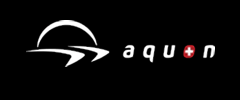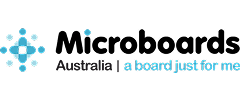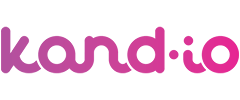
Customer Stories
Every day, organizations around the globe trust Progress to help them achieve meaningful business outcomes—from SMBs to Fortune 500 companies. Explore our customer success stories to learn how they’re doing it and why they continue to choose Progress.
Trust Progress for Innovation and Results
Top 10
tech companies rely on ProgressThe 30
largest companies in the world trust Progress75%
of the Fortune 500 use Progress productsRecent Stories


Professional Services
Verdantix Powers Its Entire Business on Progress Sitefinity DXP
Read the Story
Media & Entertainment,
Publishing
Leading Canadian News Agency Leverages the Progress Semaphore Solution to Increase Content Discoverability, Enhancing the Customer Experience
Read the Story

Professional Services
Verdantix Powers Its Entire Business on Progress Sitefinity DXP
Read the Story
Media & Entertainment,
Publishing
Leading Canadian News Agency Leverages the Progress Semaphore Solution to Increase Content Discoverability, Enhancing the Customer Experience
Read the StoryCustomer Stories
Professional Services

Verdantix Powers Its Entire Business on Progress Sitefinity DXP
Media & Entertainment,
Publishing
Leading Canadian News Agency Leverages the Progress Semaphore Solution to Increase Content Discoverability, Enhancing the Customer Experience
Financial Services
Reducing Script Risk and Reclaiming IT’s Time: A Credit Union’s Upgrade to Progress MOVEit
Food & Agriculture
.jpg?sfvrsn=842fa8d6_1)
Hokubee Prevents Disruptions to Vital Warehouse Operations & Boosts Efficiency with Progress OpenEdge and Professional Services
Manufacturing

New Kensington-Based Sustainable Workplace Finds Document Workflow Efficiency Success
Manufacturing

The World's Most Sustainable Yacht Is Developed With The Help Of ShareFile and Podio
Healthcare/Life Sciences

Healthcare Organization Improves Patient Care With ShareFile and Podio
Manufacturing




